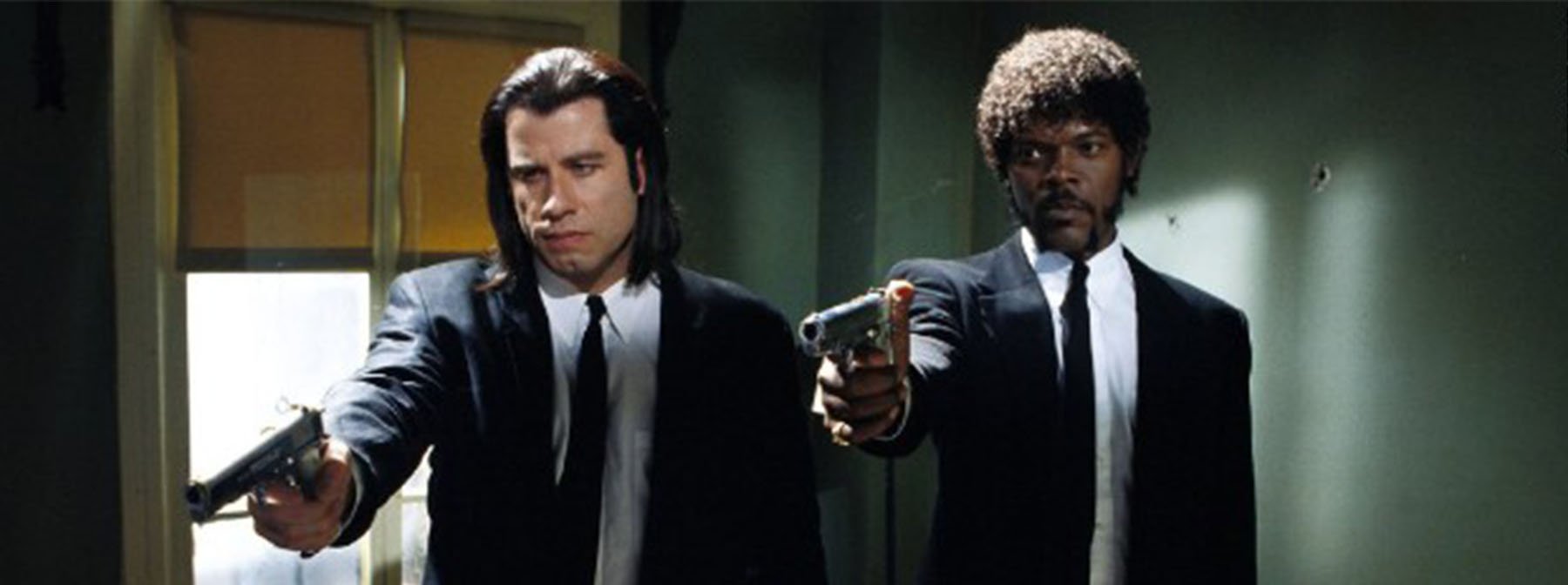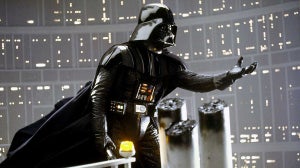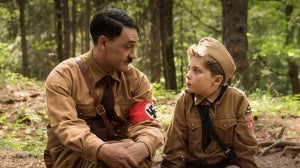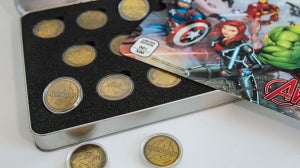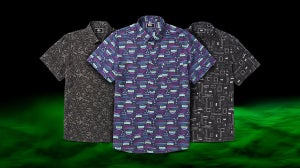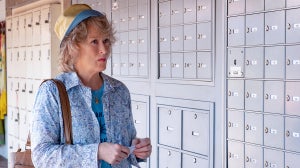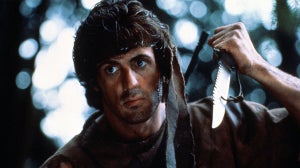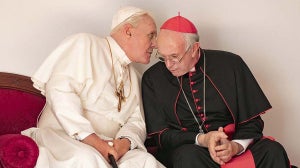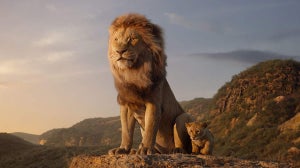
He is certainly a director who has given us plenty to talk about, analyse and discuss with his wide range of work, and there is huge debate regarding which of his films is the best.
In fact this is a question that causes many arguments here at Zavvi HQ, and everyone believes their opinion is right. Who do you agree with?
*As a note, we are only including the theatrically released feature films he directed and, like the director himself, we count the two Kill Bill movies as one.*
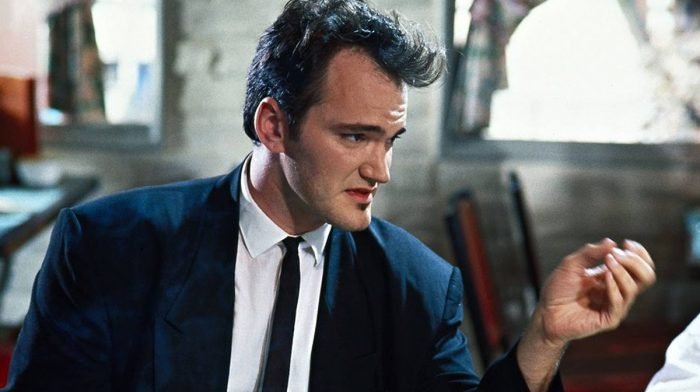
Kill Bill - By Harry McHugh
Kill Bill is without a doubt Tarantino’s best work and anyone that says otherwise is just incorrect. Tarantino is known as the king of dialogue and out of his portfolio, Kill Bill demonstrates this best.
For example, after two films of stabbing and slashing her way to find Bill, our protagonist Beatrix Kiddo (The Bride) finally tracks Bill down and confronts him at his home, only to discover that her daughter is still alive, and being raised by Bill!
What follows is some of the best dialogue from any Tarantino film. Beatrix is shocked at what she finds, and so are we the viewers. The interaction between the three almost makes us forget what Beatrix is there to do, and the things that Bill has done.
The relationship Tarantino developed between these characters throughout the two films is turned upside down, and the dialogue used completely changes the perception and dynamic of the film, which for the most part, is a kick-ass, martial arts revenge tale.
https://www.youtube.com/watch?v=9-qk52E7zj8
And if you’re still not convinced that Kill Bill is the best Tarantino movie, just look at the characters. I can’t think of many other movies that have a huge spectrum of characters and pull it off in such fashion.
There is the ridiculous like Budd, and the serious such as O-Ren Ishii. Tarantino tackles these in different ways. For example, O-Ren’s part of the story features plenty of black and white and has a more classic martial arts style to reflect the character.
On the other hand, Budd's scenes use brighter and more vibrant colours, and features plenty of witty remarks and quirky dialogue.
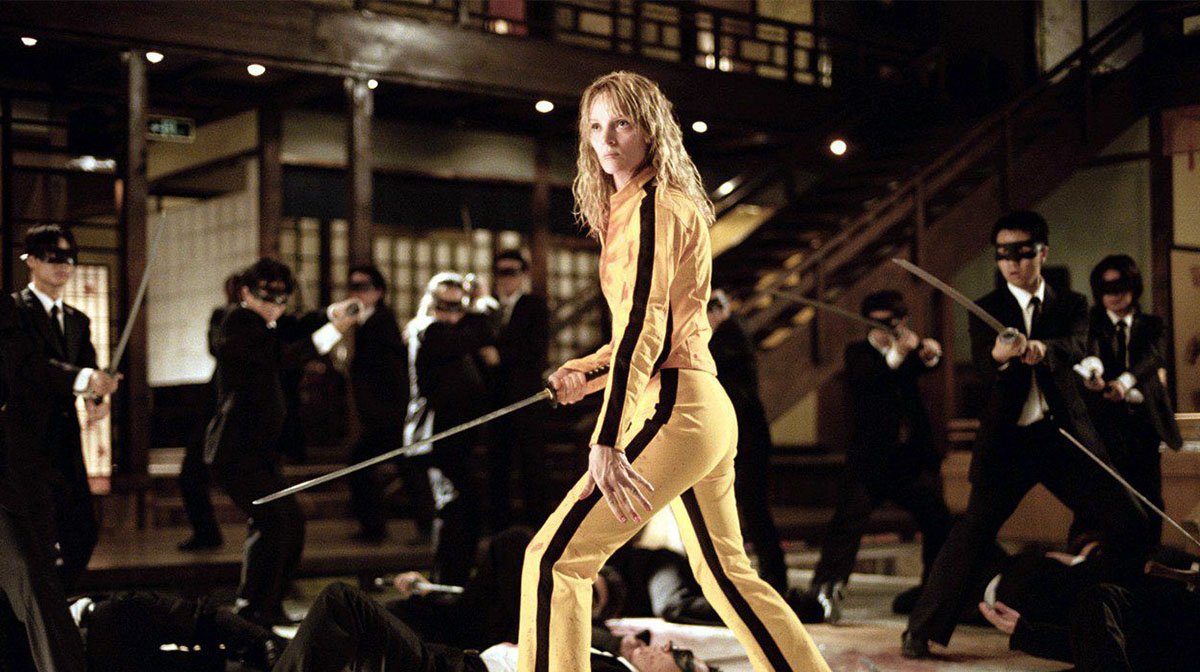
Pulp Fiction - By Jack McHugh
I think Pulp Fiction is easily the best Tarantino film. It rewrote the formula for making movies and redefined the structure, language, and rhythm of film-making.
With so many iconic characters, it’s no wonder we still see posters everywhere; the characters certainly stand the test of time.
The film also features highly memorable dialogue that combines elements of humour and violence. Filled with intelligent monologues and conversations, including that famous speech by Jules, Pulp Fiction was a hit with fans and with critics. Enough said.
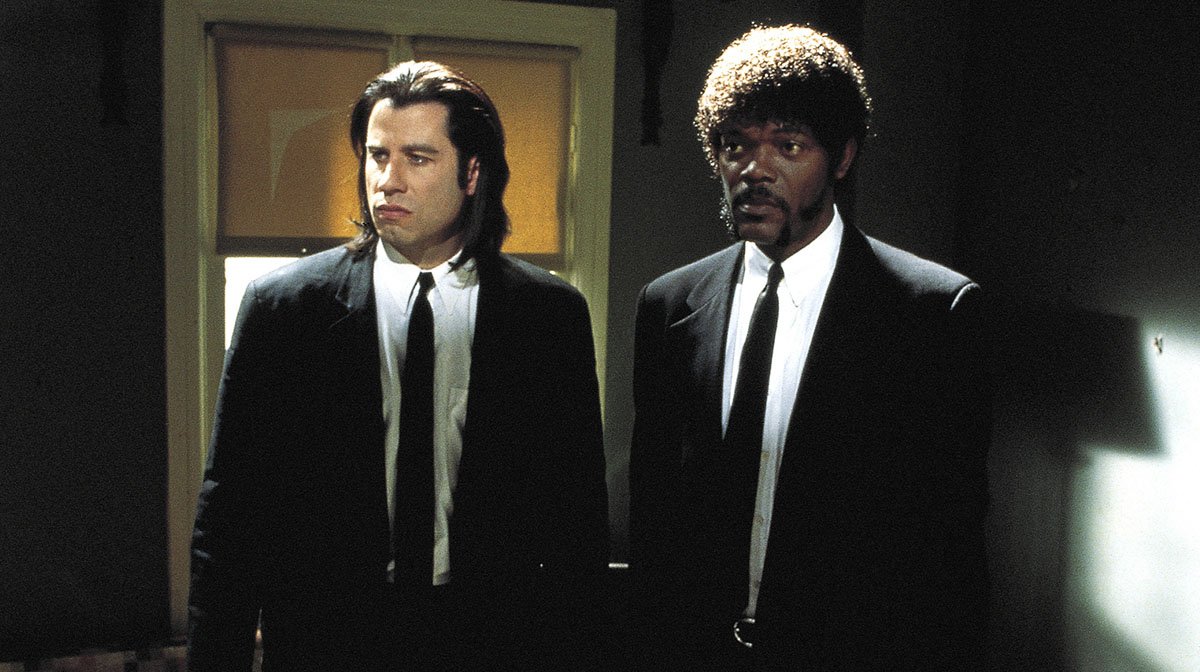
Jackie Brown - By James Fletcher
By 1997, the year Jackie Brown was released in cinemas, Tarantino had already established himself as a unique and critically-lauded voice in Hollywood having already directed Pulp Fiction, as well as lending his writing talents to Tony Scott's True Romance.
So Jackie Brown is often overlooked, but this needs to change as it's Tarantino at the peak of his powers. It’s sharp, witty and daring film-making with one of the best ensemble casts of the decade (Samuel L. Jackson, Robert De Niro, Pam Grier and more).
Based on Elmore Leonard’s novel, Rum Punch, the film perfectly captures Leonard’s fast paced, punchy writing style, mixed in with Tarantino’s typically acerbic dialogue. The movie also expertly pays homage to the Blaxploitation movies of the 70's, with Grier reprising her cool, no-nonsense, bad-ass persona that earned her cult status 20 years before Jackie Brown’s release.
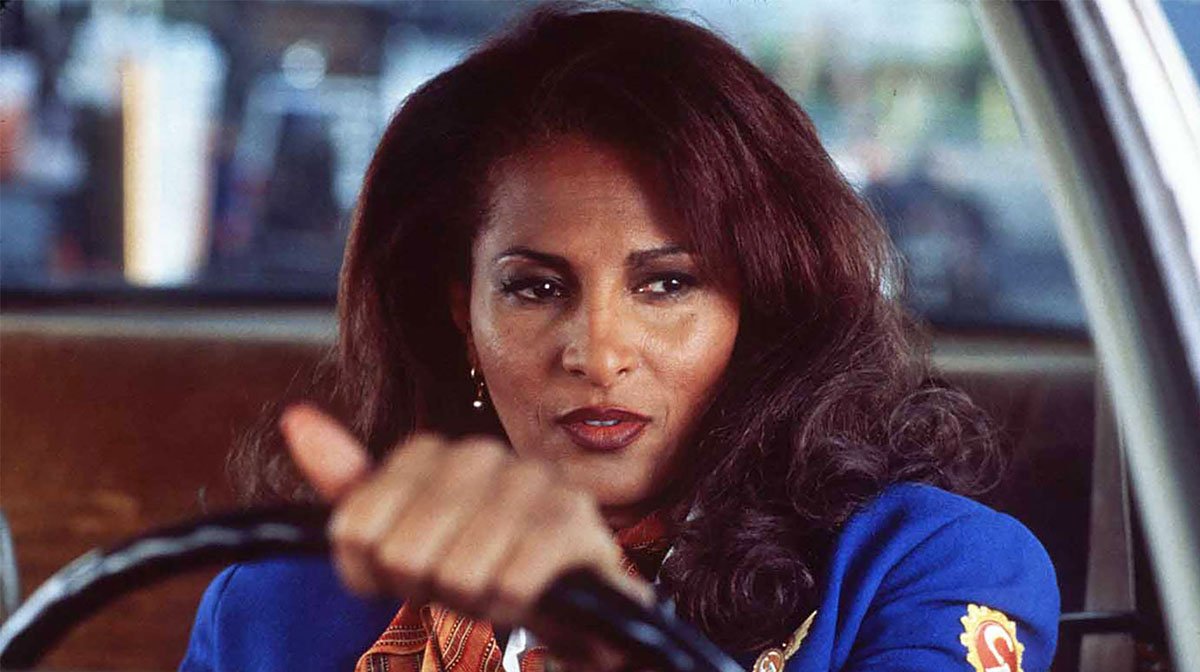
The film also has the best soundtrack of the Tarantino roster, paying tribute to its Blaxploitation influence. Rather than creating a new score, Tarantino adapted Roy Ayers’ funk soundtrack from Coffy and mixed in tracks from Bobby Womack, Johnny Cash, The Delfonics, Bill Withers and Foxy Brown, as well as Pam Grier’s track Long Time Woman.
The casting, soundtrack and dialogue all give Jackie Brown an incredible sense of time and place, but the real joy of the film comes from the unravelling plot. Tarantino doesn’t underestimate his audience in this movie, and there’s subtlety at play here mixed in with familiar Tarantino tropes.
He gives nothing away until the very end as the characters plot, scheme and try to outdo each other. This isn’t your usual car-chase, gun-fight crime caper. It’s smart and pithy with surprising twists and turns, building to a rewarding end sequence. Truly Tarantino’s best work to date.
https://www.youtube.com/watch?v=G7HkBDNZV7s
Reservoir Dogs - By Emily Murray
Reservoir Dogs is the movie which started it all, being Tarantino's feature-length directorial debut and introducing him as a master of dialogue and film-making. And not only is it his first, it's also his best, and that's that.
With Tarantino being Tarantino, he crashed onto the scene with style, showcasing his talent for sharp dialogue, absorbing action, tense unravelling plots and dynamic characters in just the first few scenes of Reservoir Dogs. Do I really have to remind you how masterful the tipping scene is?
He is yet to recapture the raw, fast, wonderfully simple, tight and enthusiastic nature of Reservoir Dogs which is a thrilling watch no matter how many times you have seen it.
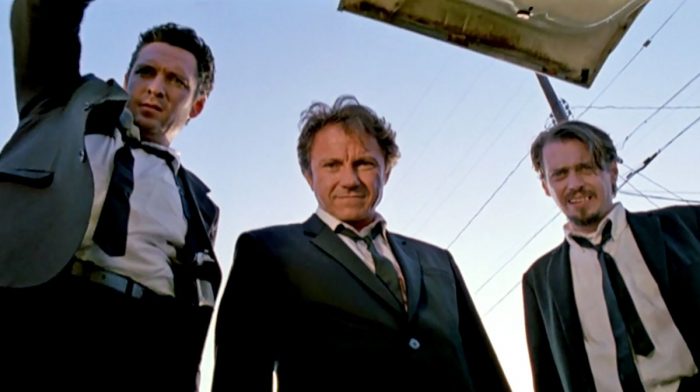
The central concept is beautifully simple, a robbery gone wrong, and it allows Tarantino to get creative with his characters and dialogue, which is exactly what he does.
Each of the actors viscerally brings to life their characters, and we are more than happy to listen to their nonsensical bickering over what Madonna's Like A Virgin really means.
Reservoir Dogs is Tarantino's simplest film as he strips it back to the basics, but he makes the most of it and as the saying goes, less is more. Arguably flawless, he hasn't reached this height since and probably never will.
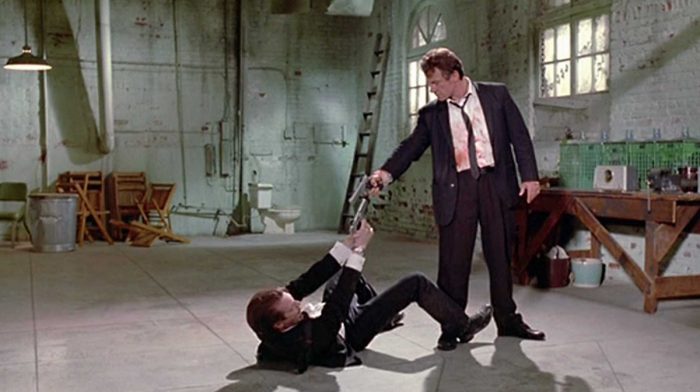
Inglorious Basterds - By Martyn Wren
You would not be forgiven for listing Inglourious Basterds as 'a good Tarantino film'. You might get forgiven if you list it as one of the greats. But you'd be wrong on both counts of course. The time-rewriting take on World War Two is, without a doubt, his finest work, and anyone who disagrees can take it up with Aldo the Apache himself.
From the very start it is viewing perfection. Christoph Waltz's incredible, multi-lingual presentation of SS Colonel Hans Landa slips from slick, make-your-skin-crawl, to downright terrifying in moments, with a jarring, tension-building score that makes you question whether it was in your head all along.
Perfect wide shots and that all-important prop play (that Tarantino does so well) helps set up a character in minutes, with a presence that most films can only hope to achieve by closing credits. The brutality isn't hidden away, in fact the camera rarely pulls back from the gory bits, and if it does, it is only to pick up the grinning faces of those accustomed to war's evils. It becomes very easy to lose yourself in 1940's Europe.
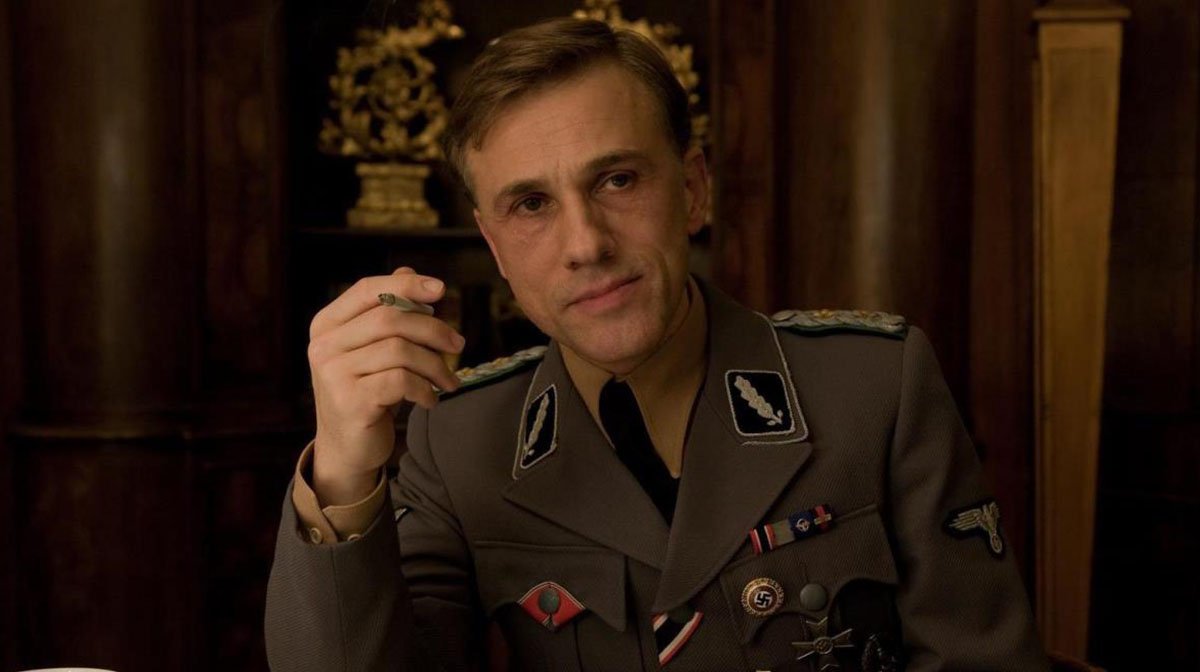
This isn't a one-star show either. Brad Pitt, Diane Kruger, Til Schweiger and Michael Fassbender help build an international cast, all of whom deliver a flawless performance of the horrors from both sides of the war on the Nazi regime, and the efforts even one person can go to in order to bring it down.
As the film progresses, you know this isn't one to die off. The pace is prompt without being pushy, and the characters are fleshed out to the extent that you wonder if they were actually real.
No detail is missed, and careful eyes will spot many of Tarantino's signature points, not least of all the classic 'trunk shot' where the viewer gets a first-person shot of the brutal Aldo Raine declaring that '...it might just be my masterpiece'.
This genre-crossing film spans every aspect from dark humour to tension and terror, and a grinning Lt Aldo Raine, Aldo the Apache, knife in hand, is a fitting metaphor for the film.
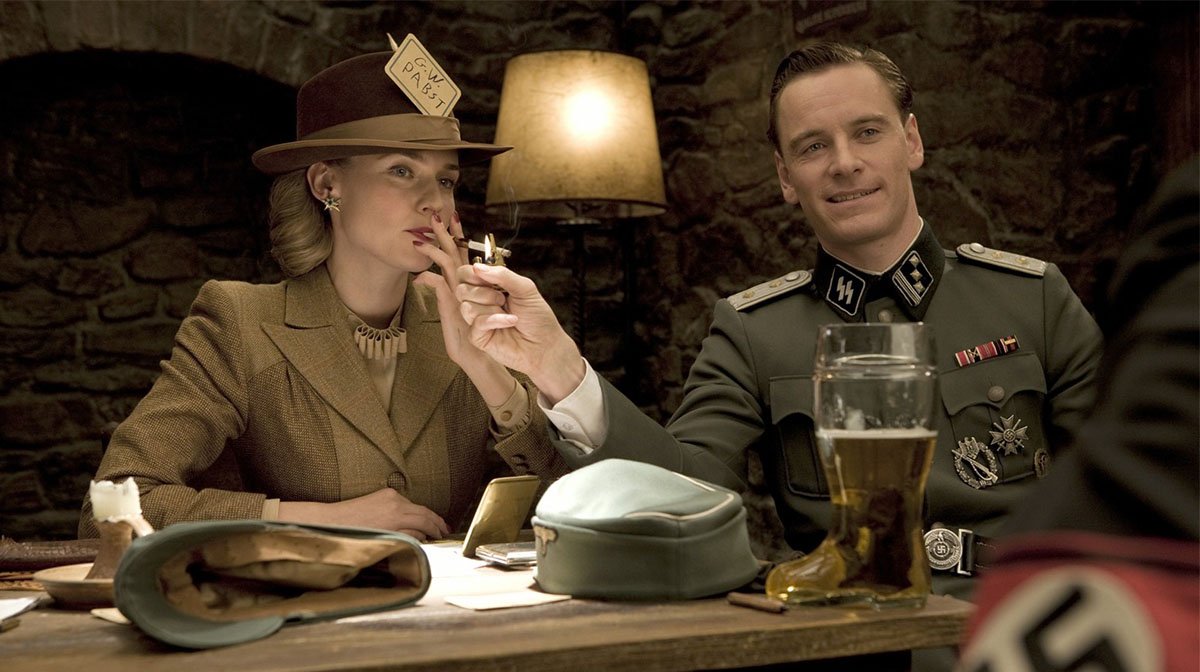
Django Unchained - By Johnny Bowles
Ok, so most people would probably claim that Tarantino's best work is either Reservoir Dogs or Pulp Fiction, but most people are wrong (wake up sheeple!!). The correct answer is Django Unchained.
Why? Is it the cool dialogue? The cinematography? The pacing? The engaging narrative? Its sheer bad-assery? Or the stellar performance of all actors involved? No, that’s all part and parcel of any Tarantino film.
Perhaps it’s the film’s controversial subject matter, its use of a black protagonist and its daring portrayal of black slavery in America? Nope, that’s all well and good but it’s not why I go to see a film.
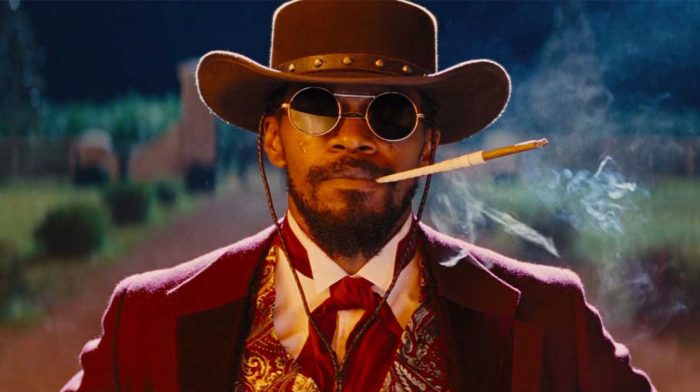
If you truly do lack the basic insight and fundamental critical faculties required to realise it for yourself, then I’ll spell out why Django Unchained has the top spot in Tarantino's filmography: IT HAS COWBOYS IN IT!!
Now if my argument’s a little too cerebral for you allow me to break it down:
Pulp Fiction: no cowboys ❌Reservoir Dogs: no cowboys ❌Kill Bill: no cowboys ❌Inglorious Bastards: no cowboys ❌Django Unchained: cowboys ✔️Hateful Eight: mediocre cowboys ❌
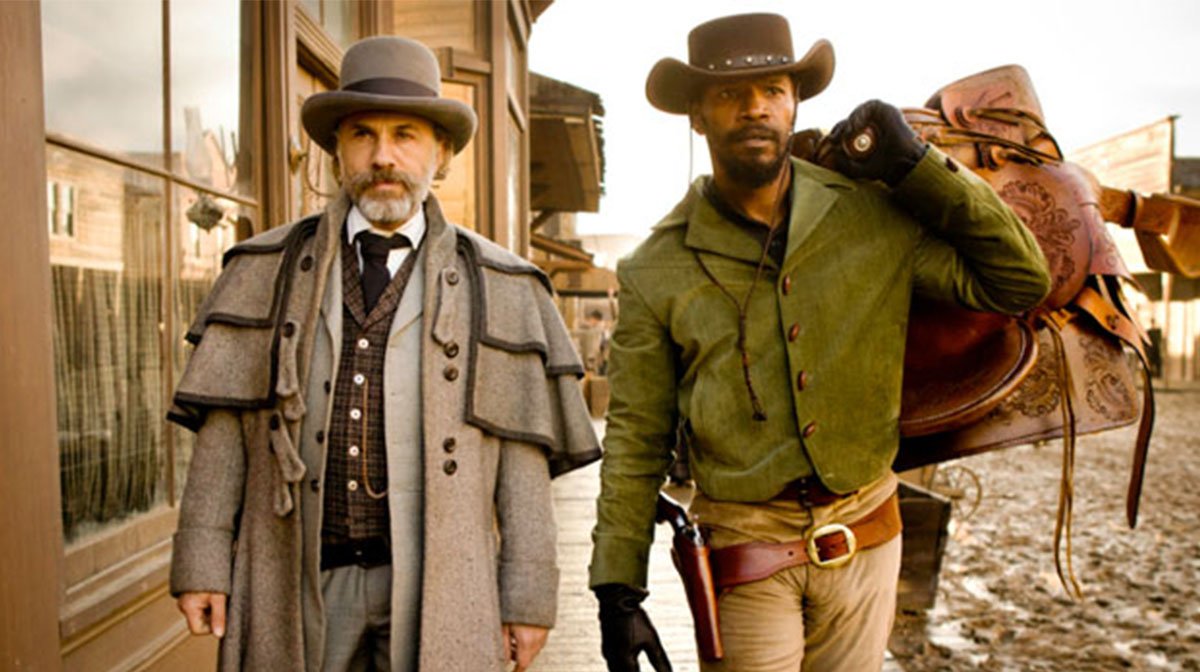
What do you think is the best Tarantino film? Let us know on social media.
For all things pop culture and the latest news, follow us on Instagram, Twitter, Facebook and TikTok.

